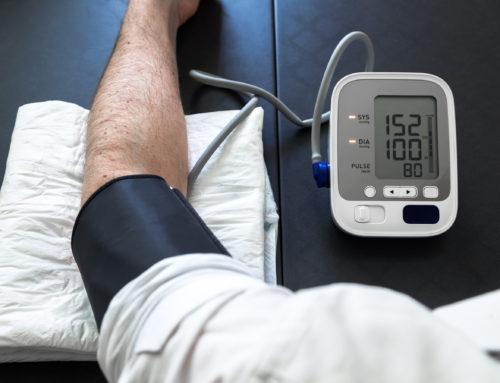If you’re seeing a psychiatrist, you’re there to get professional help. It’s important that you’re honest and verbalize your complaints. Psychiatrists are not telepathic, and there are no blood tests for mental health issues like bipolar, depression and schizophrenia. It’s up to you to tell the truth about your symptoms instead of modifying the narrative. They won’t be shocked, so don’t be embarrassed. Most seasoned psychiatrists have heard it all. And by telling the truth, they can better understand you and treat you. Be honest in order to get the most out of your psychiatric visit.
You also need to be a bit patient. Most psychiatrists won’t be able to diagnose you accurately until a couple of visits. They need some time to know and understand your history and symptoms before making the right diagnosis. Mental health issues are complex and may even be comorbid. It also takes time to rule out other root causes of your real problem. Tests may be needed to rule out a physical problem, such as a hyperactive thyroid. A hyperthyroid condition can cause anxiety, panic attacks, and insomnia. In order to get the most out of your psychiatric visit, be patient for a diagnosis.
If you are prescribed medications, be sure to take them and take them as prescribed. Be prepared to talk to your psychiatrist about whether or not your meds are helping. For example, keep a calendar list of your symptoms to note any differences. Also, let your psychiatrist knows about any side effects from the meds that you may be experiencing.
The key to getting the most out of your psychiatric visits is open and honest communication. If you’re not honest, you won’t receive effective treatment. In a way, getting the best treatment is up to the patients themselves. So, don’t hold back any information from your psychiatrist. They are there to help you. That’s what they went to med school for.
Medical Malpractice Claims Against Psychiatrists
A psychiatrist-patient relationship is a very personal one, and there can be errors made that may harm the patient. Like any other type of doctor, a psychiatrist can be liable for negligence. The three types of cases that are relevant to psychiatrists are exploitation of the trust relationship, improper prescriptions and third-party liability. If a psychiatrist takes advantage of their position of power or trust, such as having an affair with a patient, they have broken the psychiatrist’s code of ethics. Patients should be able to expect professional conduct from a psychiatrist at all times. Under these circumstances, a patient can sue for medical malpractice.
Prescribing the wrong meds or the wrong dosage can have dire consequences. Psychiatrists are required to exercise care when prescribing medications. While there are strict rules of confidentiality in the psychiatrist-patient relationship, it doesn’t apply if the psychiatrist feels that the patient may intend to kill someone. If the psychiatrist doesn’t report this to the police to prevent the murder, the family of the victim can likely sue.
Prevailing in a Psychiatric Medical Malpractice Case
Three basic elements must be established in order to win a medical malpractice case: doctor-patient relationship, negligence and harm caused directly by the negligence. The element of a relationship can be proven with medical bills and treatment records. In order to establish negligence, it must be shown that there was a standard of care and a breach of that standard of care occurred. For example, if there was a standard of care to follow the proper course of treatment and it was breached, there is negligence. It must also be shown that the psychiatrist’s negligence caused predictable harm in the form of pain and suffering, loss of earning capacity and future treatment expenses.
If you feel you have a medical malpractice case against a psychiatrist, turn to Dr. Edward Mallory for help. “Dr. Edward Mallory is a residency-trained, board-certified emergency medicine physician and medical expert witness. Although he is a practicing doctor in several hospitals, the primary function of his medical expert witness business is to provide his expertise in the courtroom in order to support his clients’ testimonies. He is hired by people who believe they have been a victim of medical malpractice. He gives written or oral testimonies and “expert opinions” and his interpretation or medical record review is crucial in cases of the law involving medicine.”




























